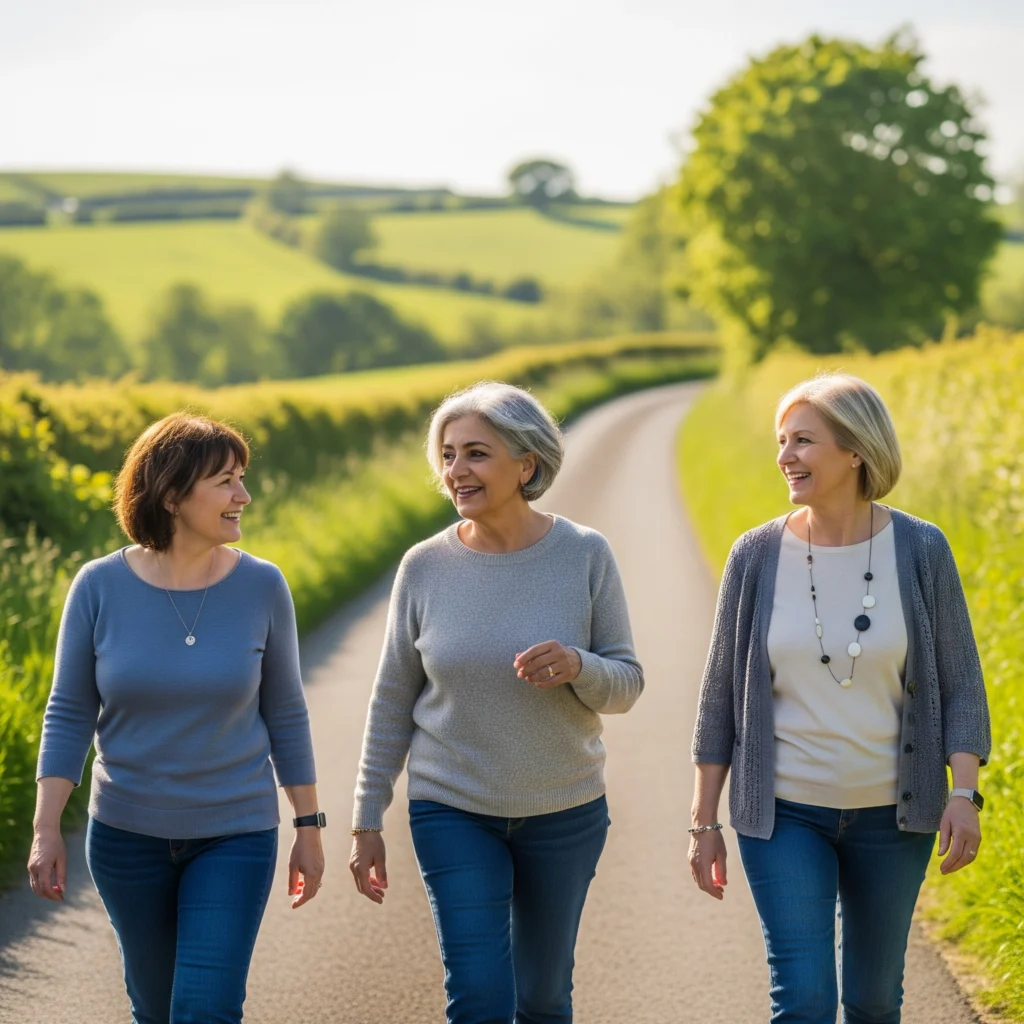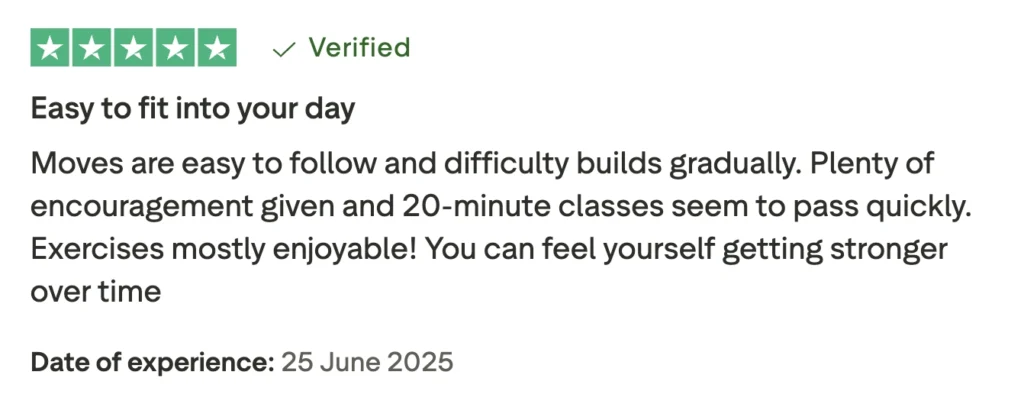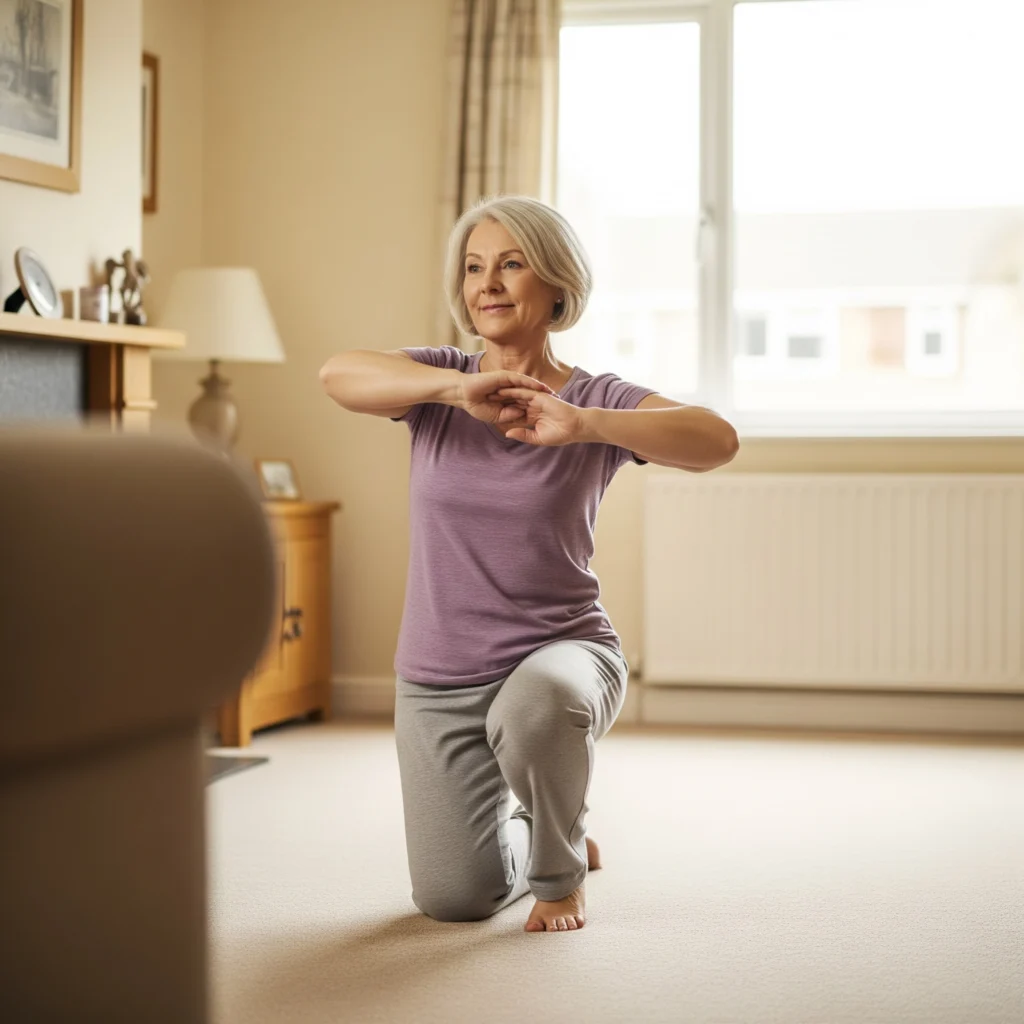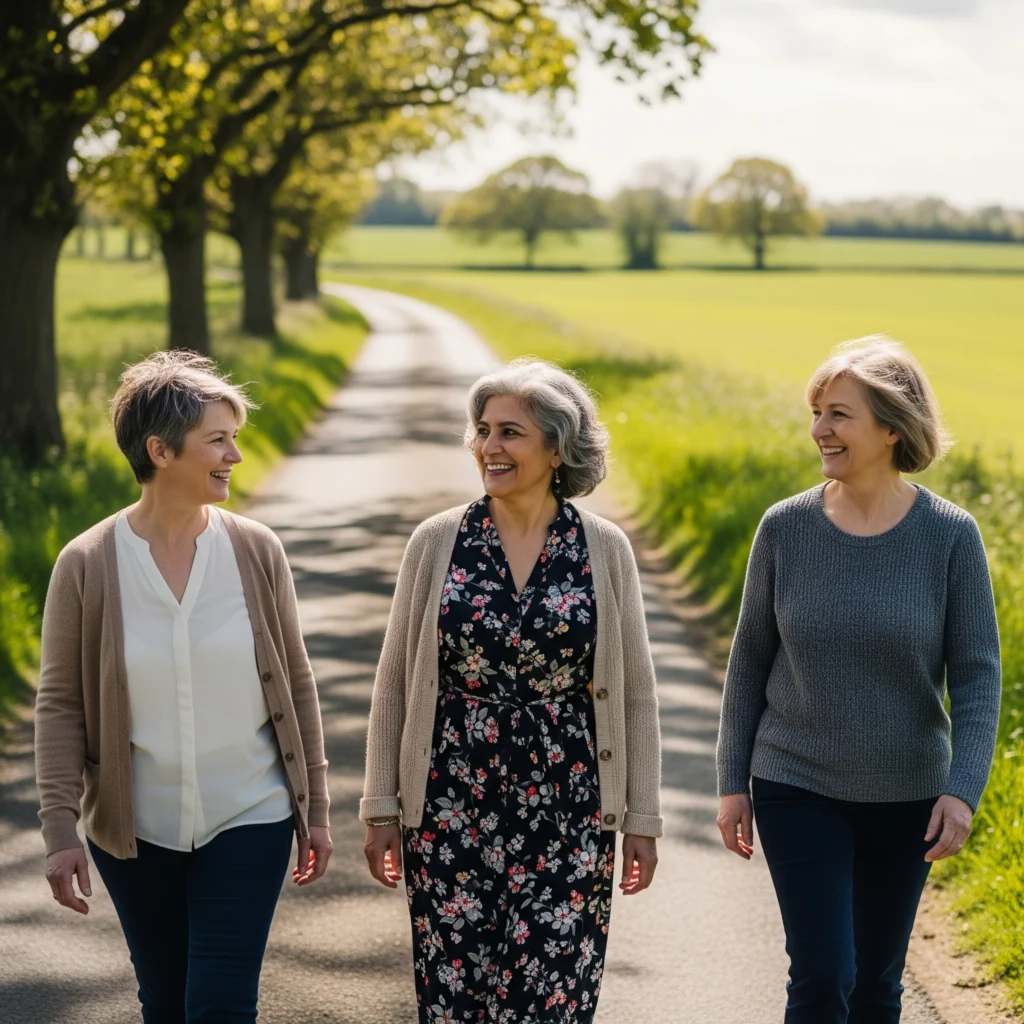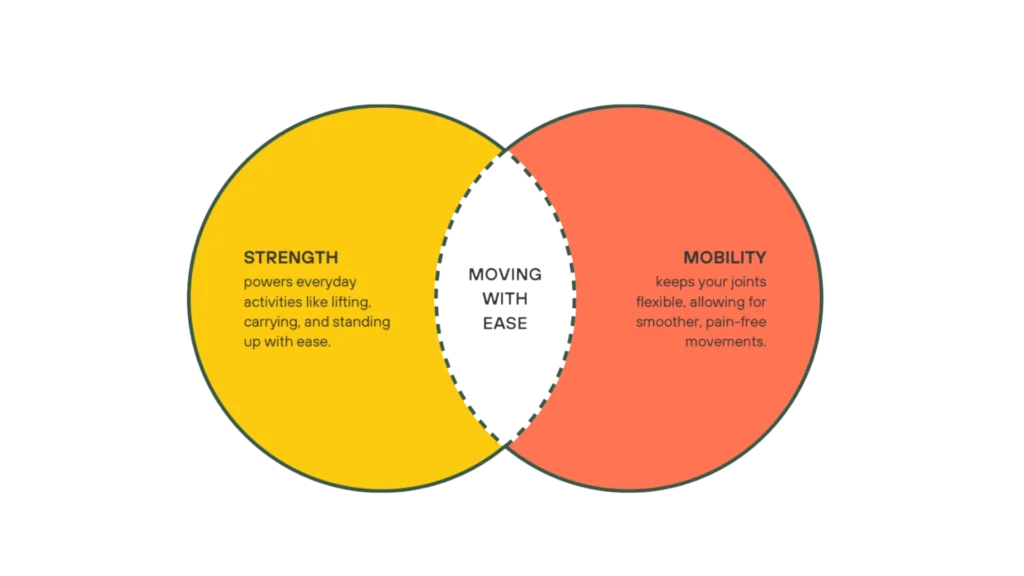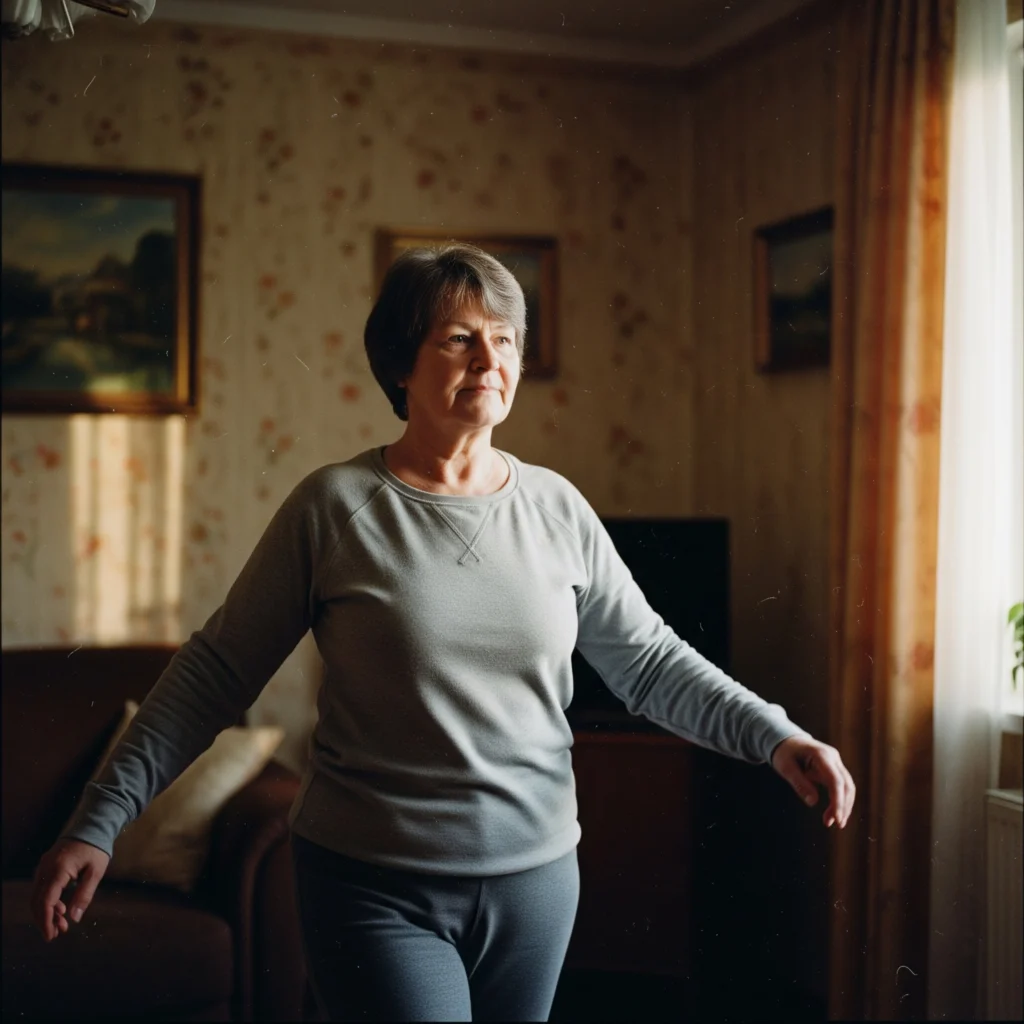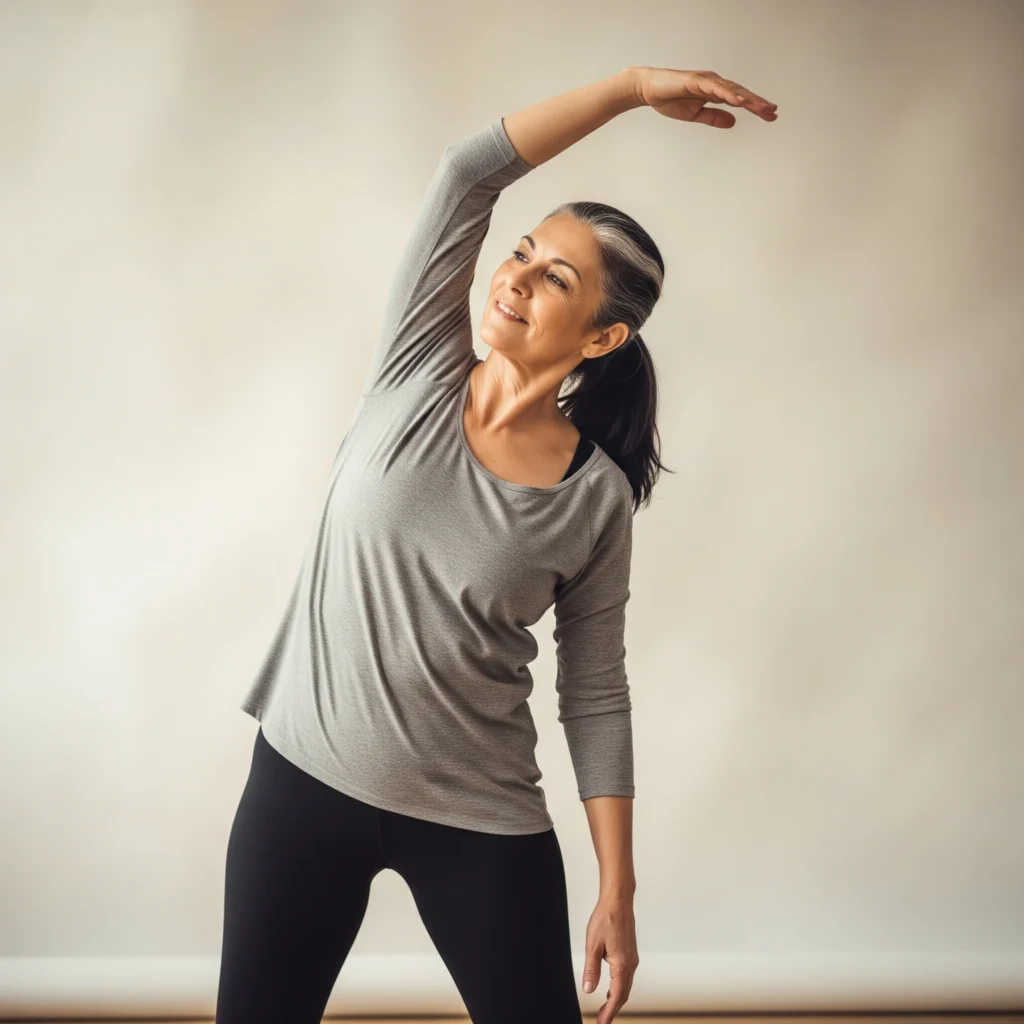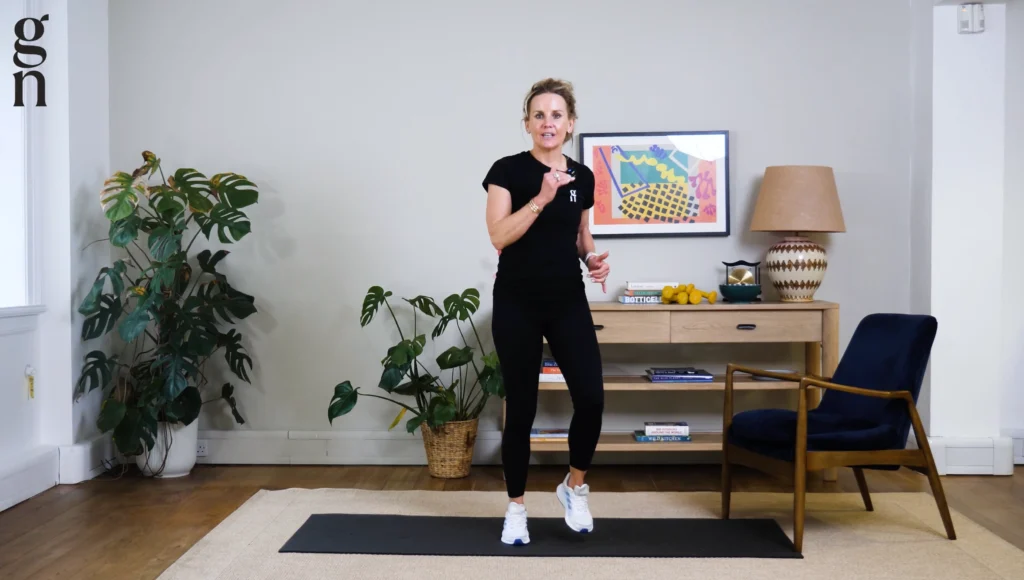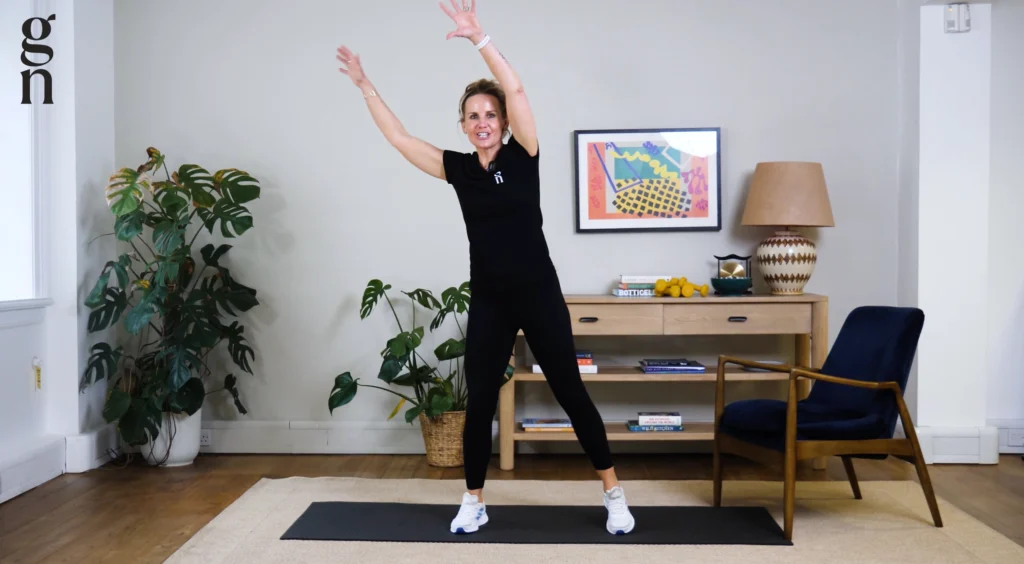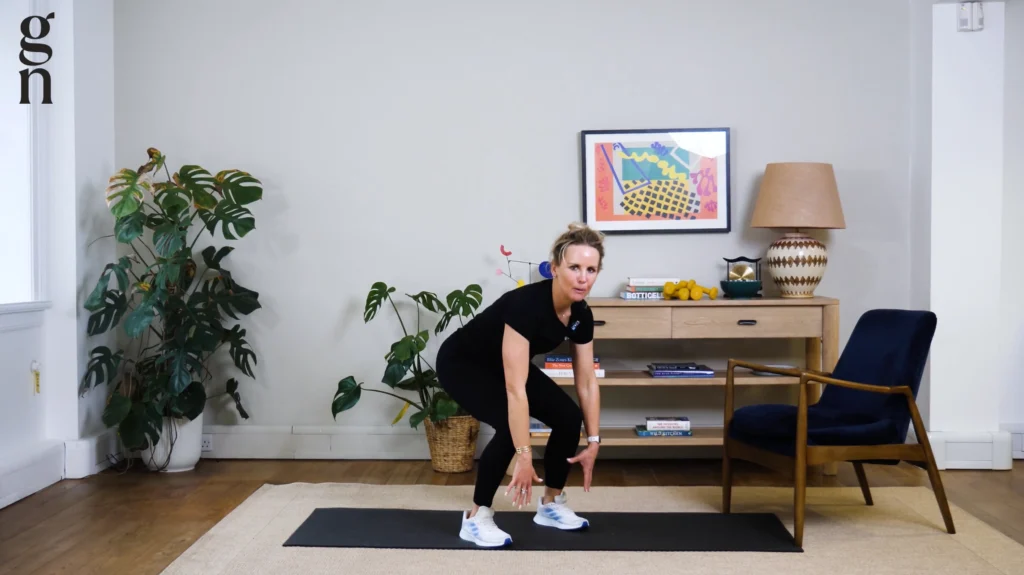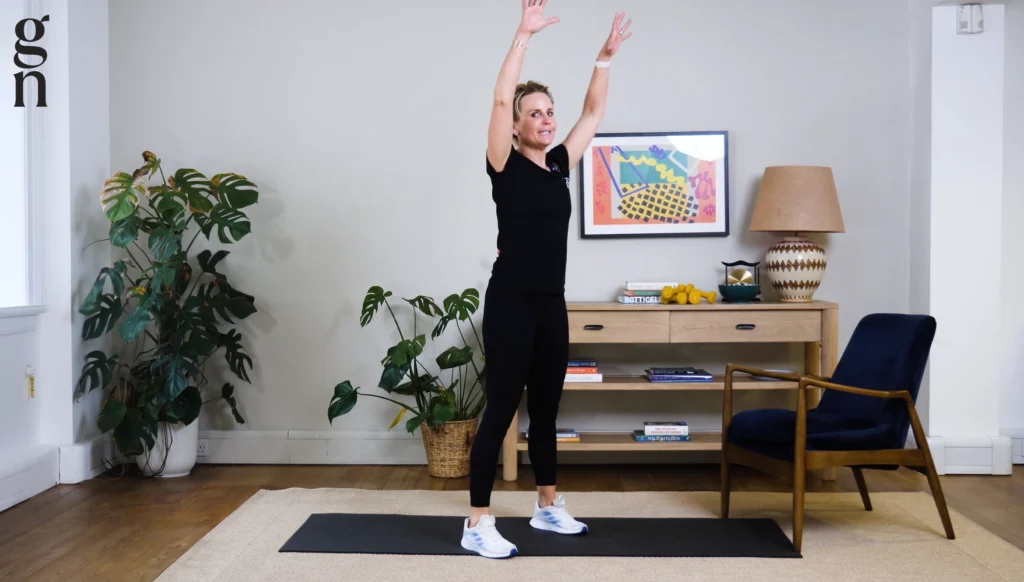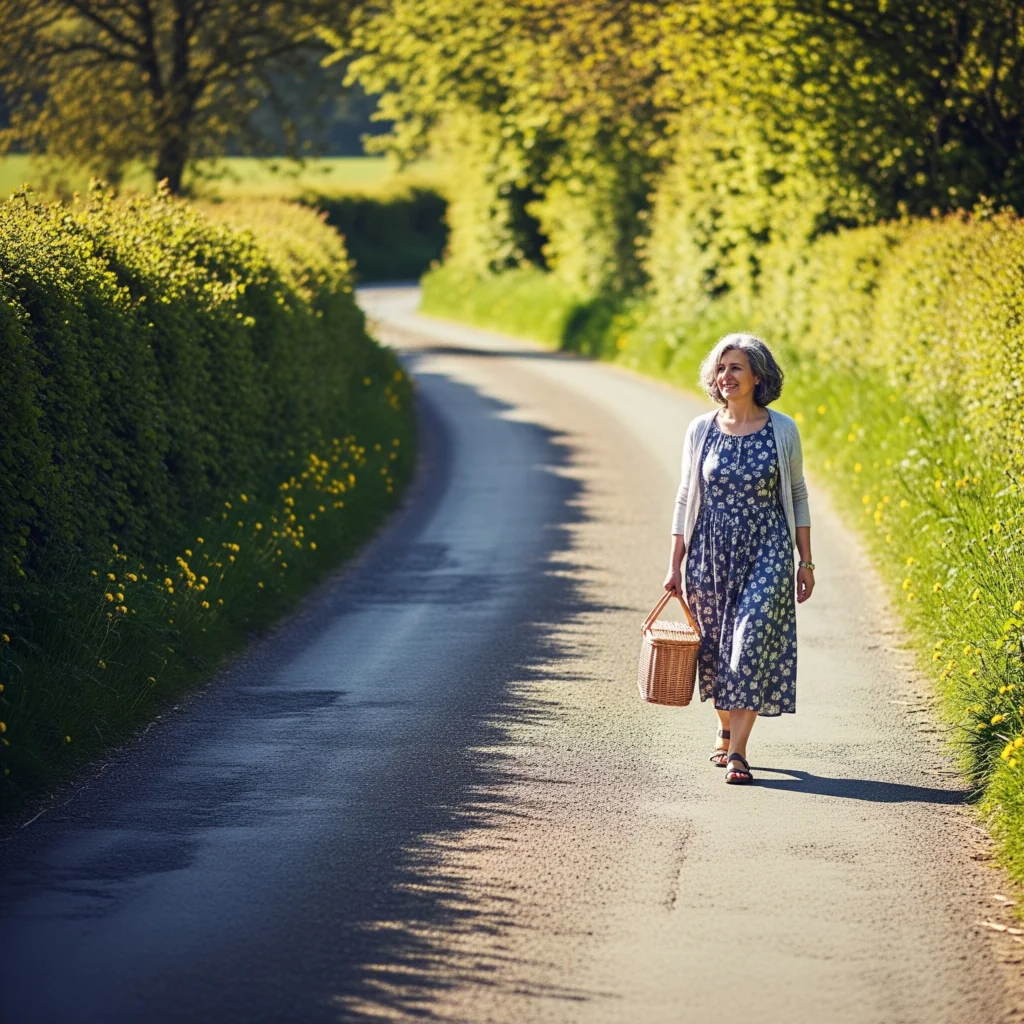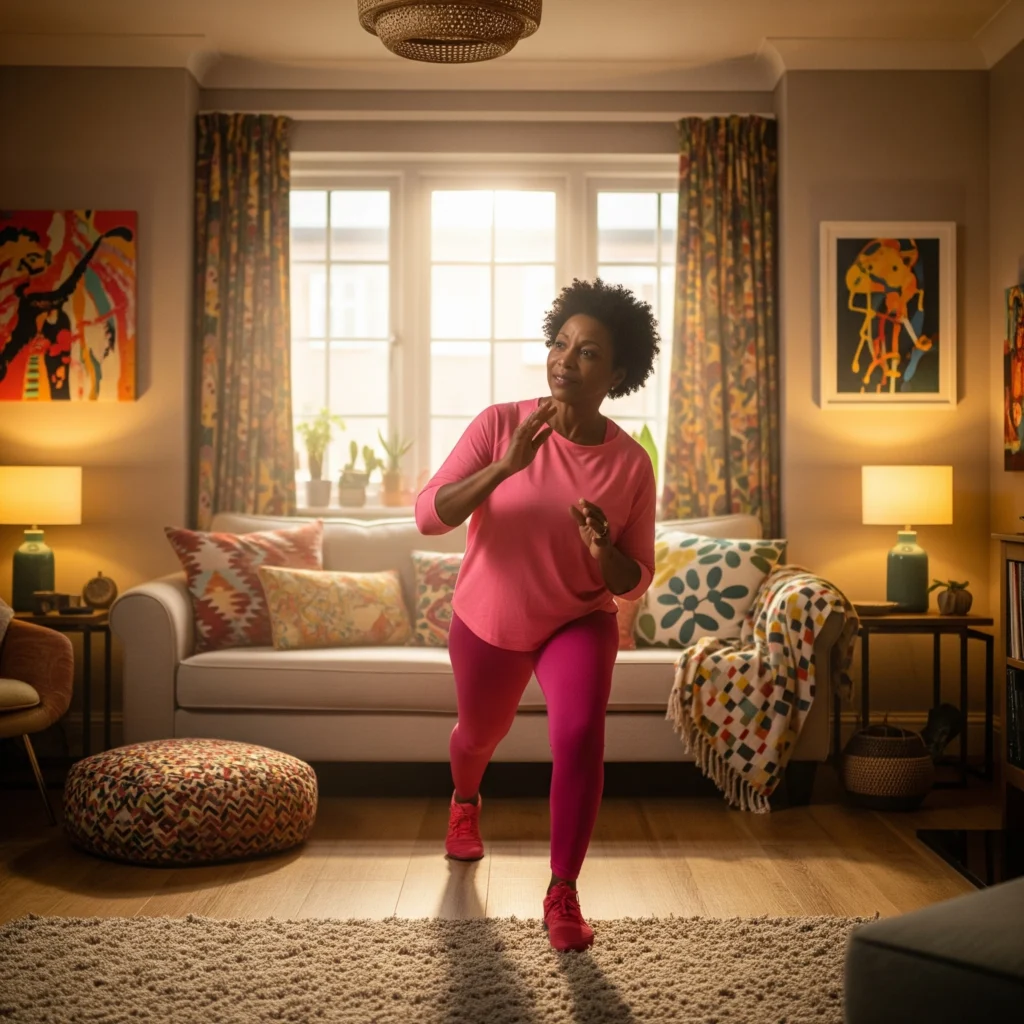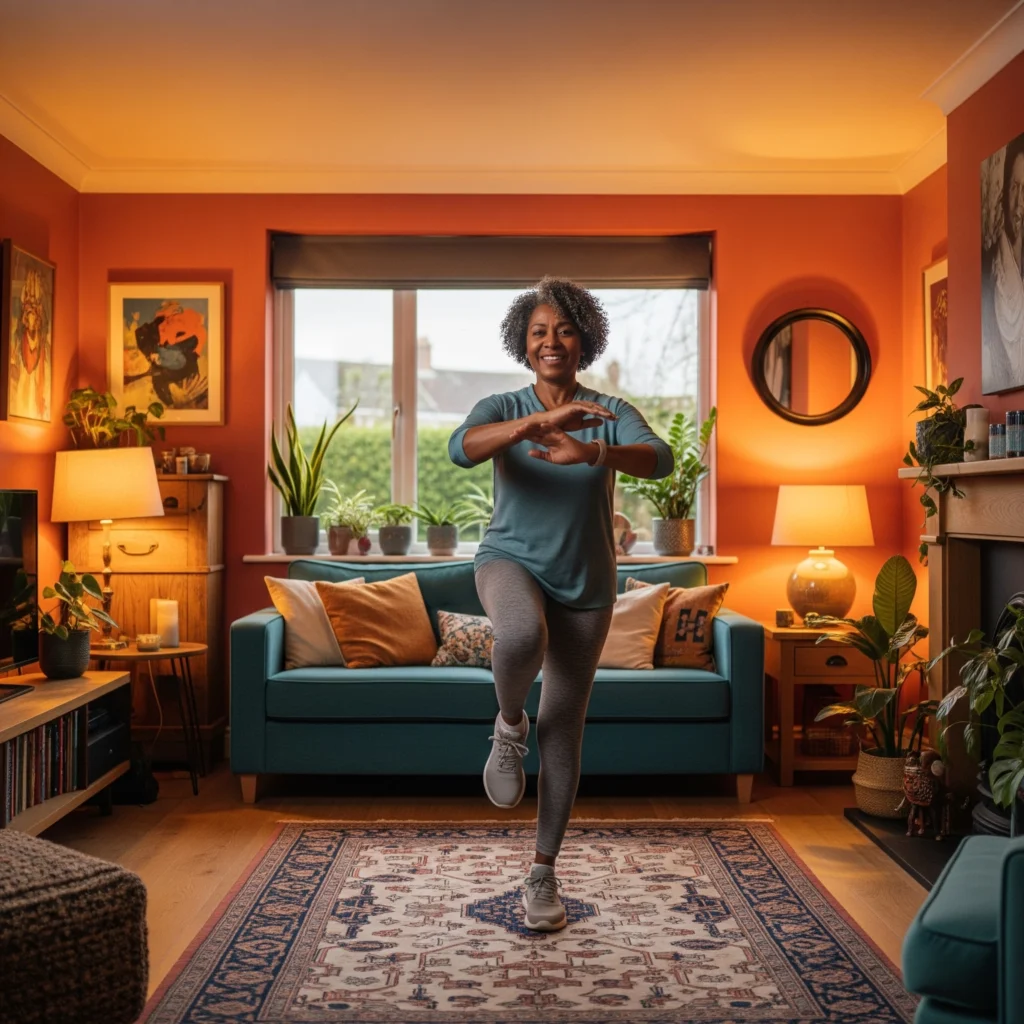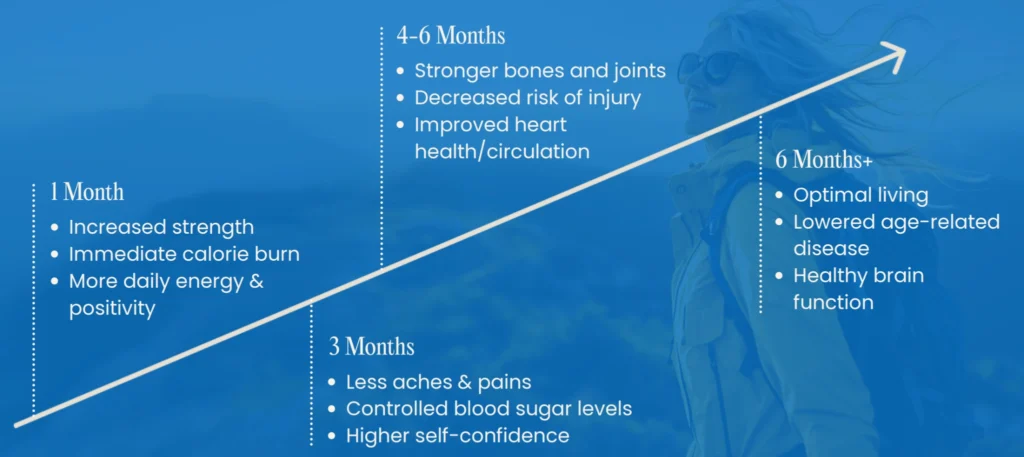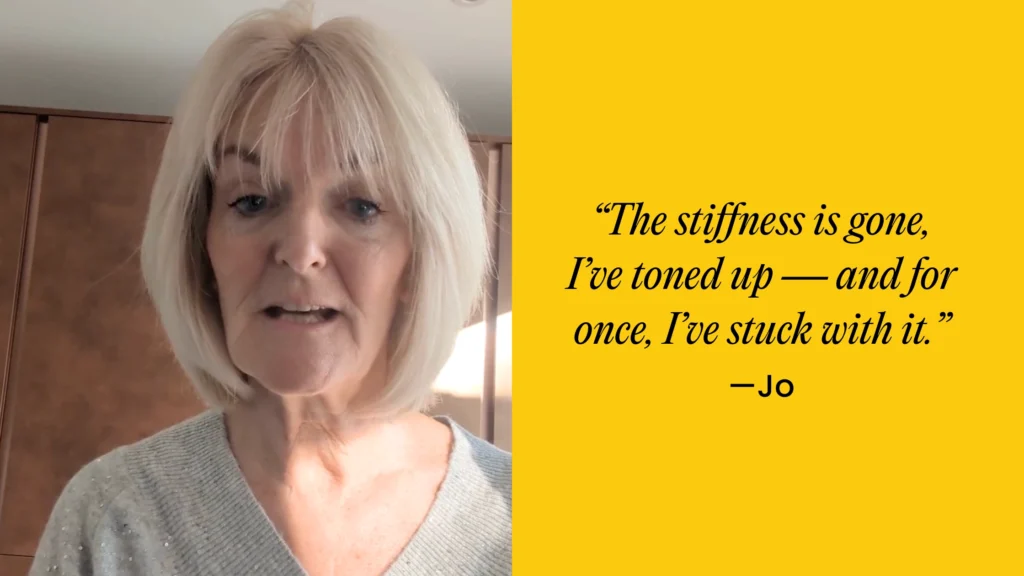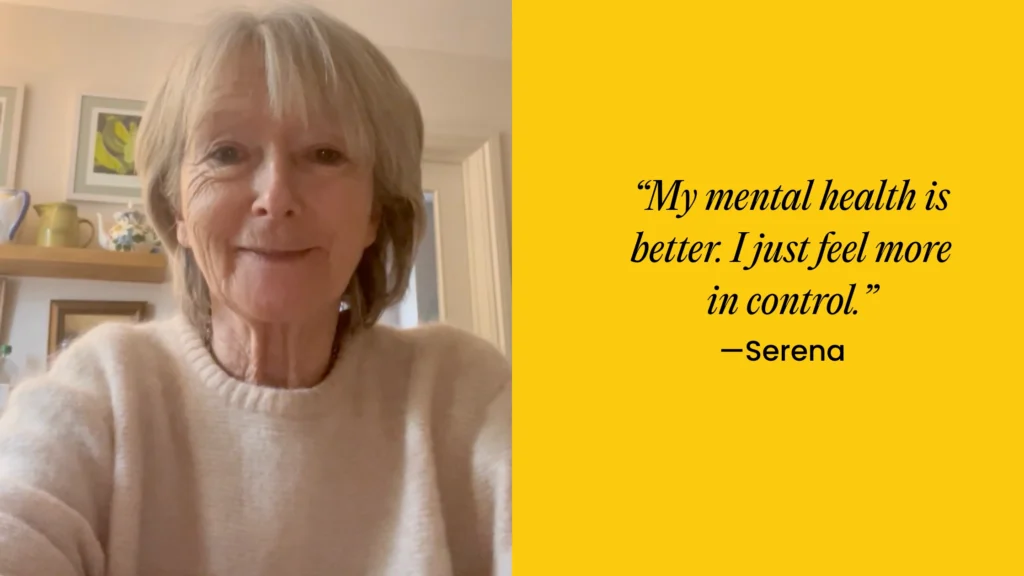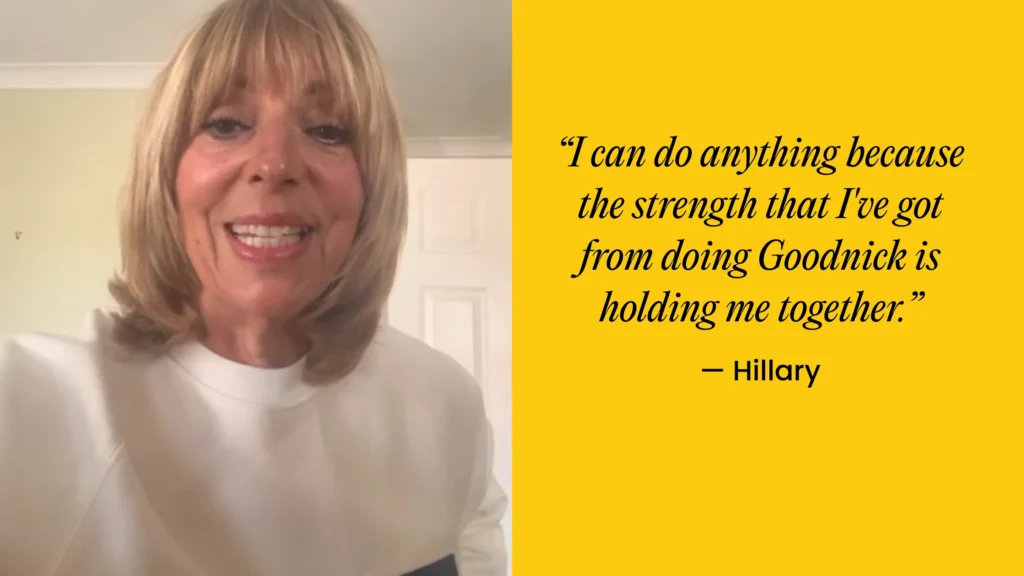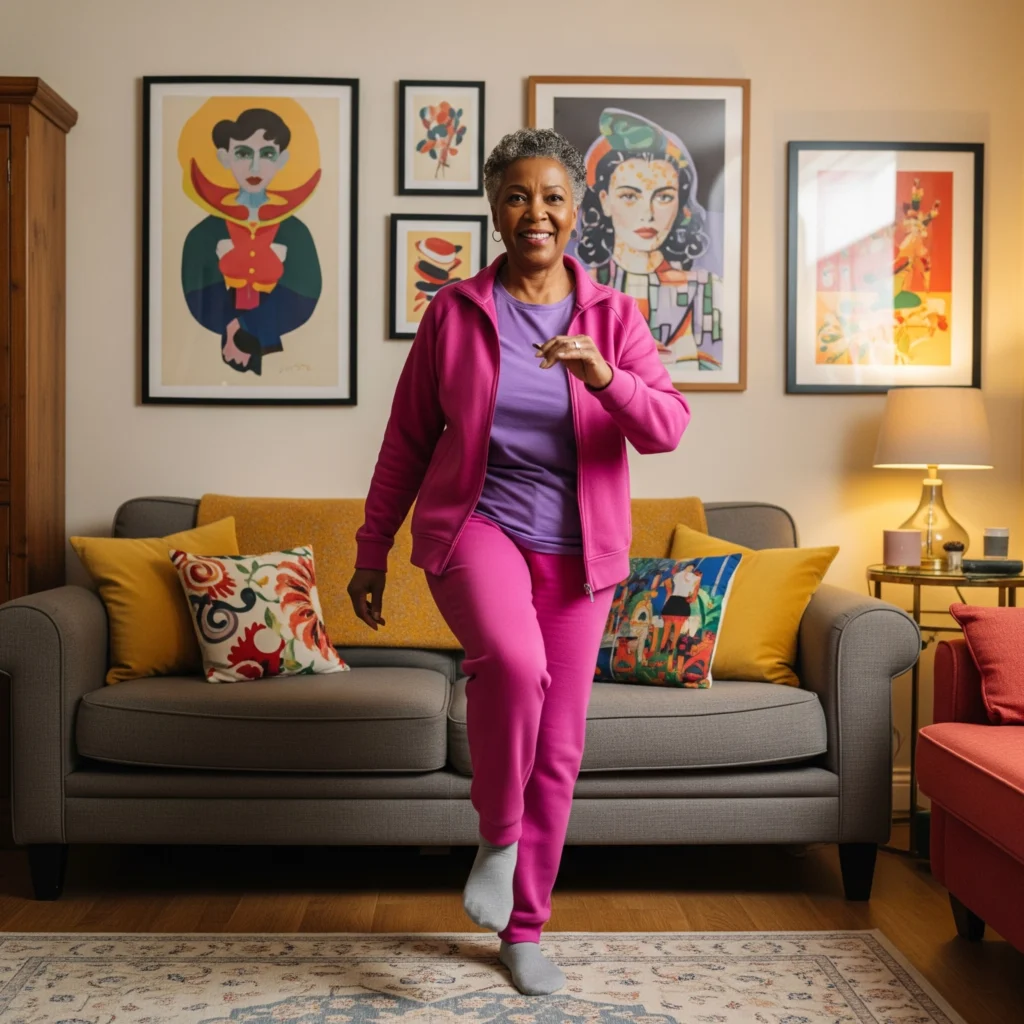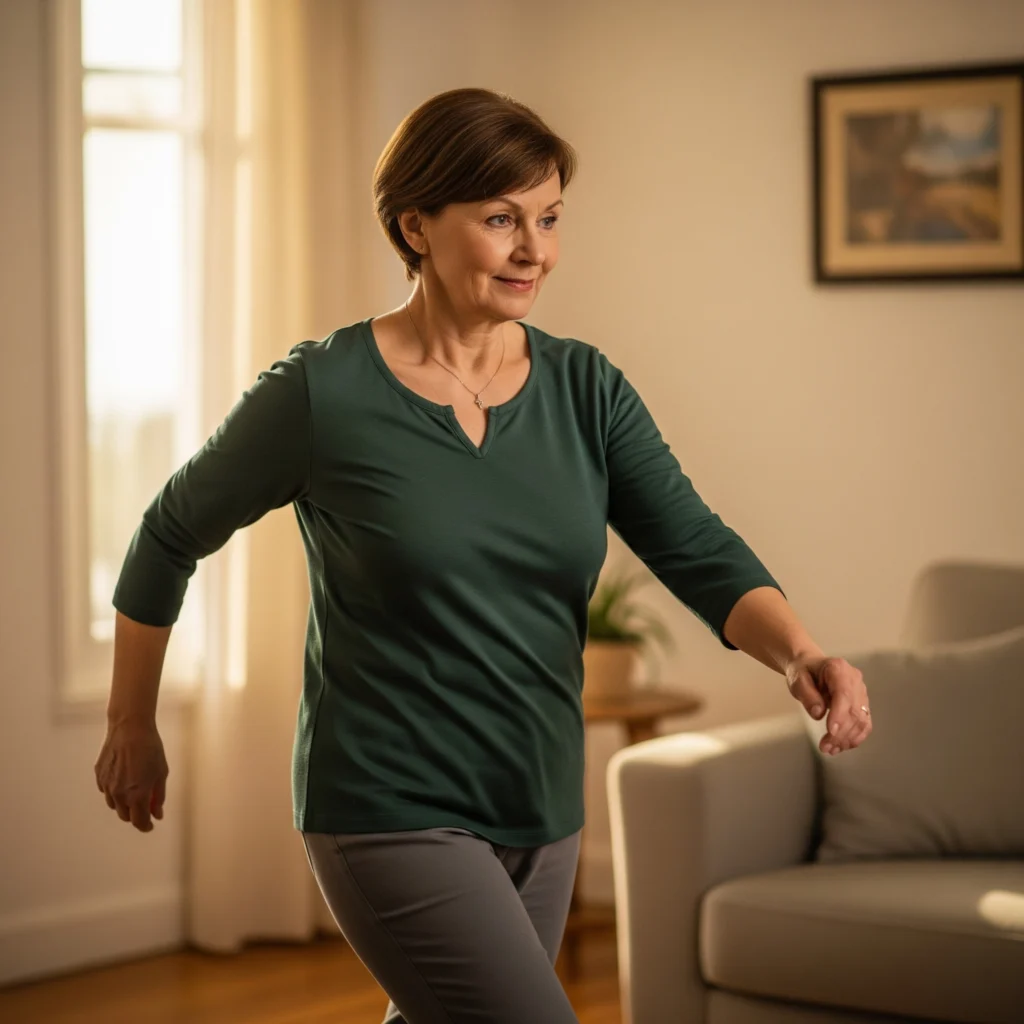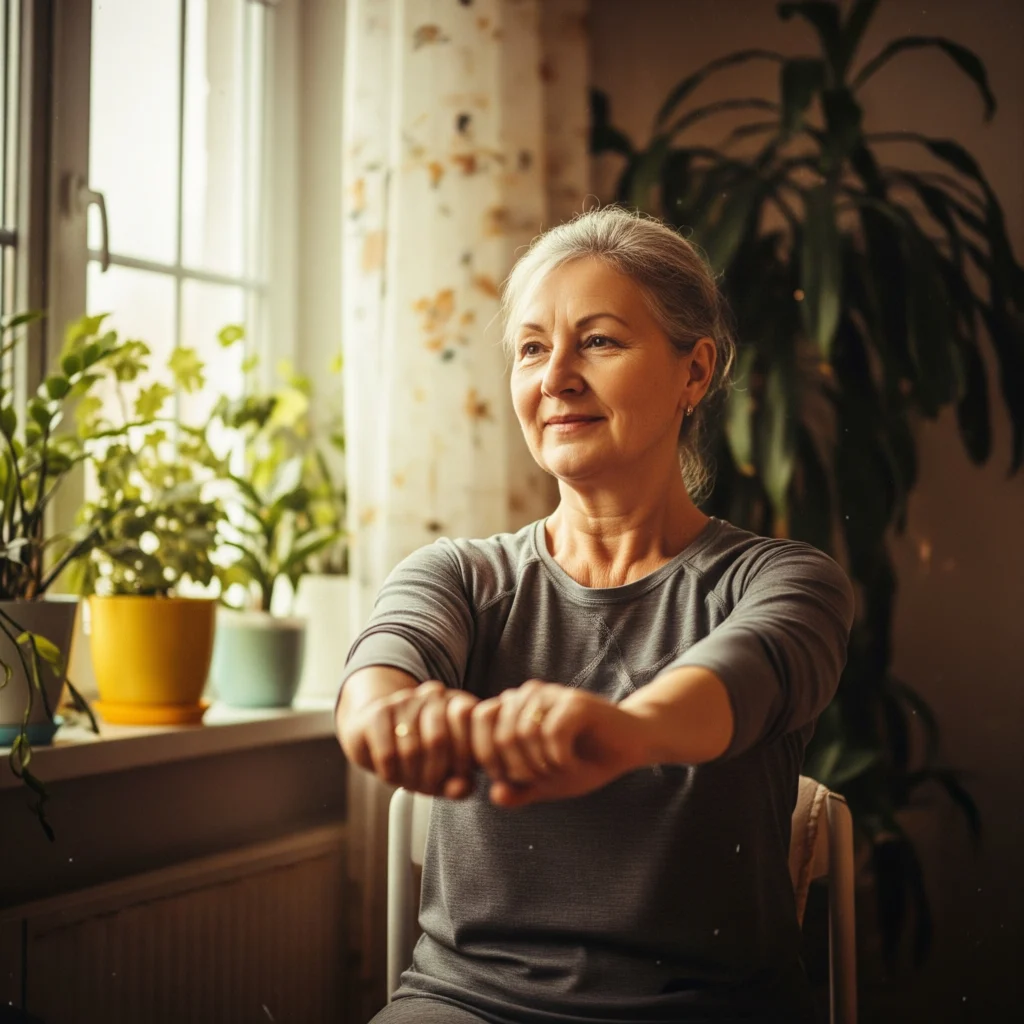
You’re Not Too Old, and You Haven’t Missed the Boat
“I thought that part of my life was over. But now I’m stronger, more stable, and I’ve even started doing the floor routines without fear.” — Jo, Goodnick member
If you’ve ever asked yourself, “Am I too old to start exercising?”—the answer is simple: no.
And if you’ve ever thought “it’s probably too late to make a difference now,” that’s also false.
Because age doesn’t disqualify you from getting stronger, improving your mobility, or feeling better in your body.
If anything, it makes those things even more important.
The truth is, most people over 50 don’t need less exercise—they just need a different kind.
A kind that works with your body, not against it.
A kind that builds strength and confidence without causing pain.
A kind that fits your life, your pace, and your goals, even if your goal is simply to keep living independently.
Why We Feel Like We’ve Missed the Boat
You might have internalised the idea that fitness is for the young, or that if you didn’t build these habits decades ago, it’s too late now.
Here’s why that thinking is so common:
- Exercise spaces have long catered to younger people
- Much of the messaging around fitness focuses on appearance, not function
- The fitness industry often promotes intensity over sustainability
- There’s a fear of injury, or not knowing where to start
And so, you get the ‘all or nothing’ mindset. If you’re not going to the gym five days a week, what’s the point?
But what actually works—especially in your 50s and beyond—is the opposite of that.
It’s small, smart, consistent movement, grounded in strength, balance, mobility, and real-life function.
And yes, you can start at any age.
Am I Too Old to Start Exercising? The Science Says, No
Studies show that even in your 60s, 70s, 80s, and beyond, it’s still possible to build muscle, and:
- Improve balance and coordination
- Increase bone density with weight-bearing exercise
- Reduce fall risk with consistent strength and mobility work
- Boost energy, mood, and confidence
In fact, one study found that older adults who did progressive resistance training (gradually increasing in difficulty) experienced significant improvements. Another study showed that training 2–3 times per week leads to greater strength building than just one session weekly.
You don’t need long hours or intense routines.
You need a system that meets you where you are.
A system that helps you build up from wherever you’re starting.
How to Start Exercising in Your 50s (and Beyond)
If it’s been a while since you’ve exercised—or you’ve never followed a regular movement routine—here’s what we recommend:
1. Focus on Function
Forget burpees and crunches. The goal is to exercise in a way that helps you move better in daily life. Think:
- Standing up from a chair
- Lifting groceries
- Reaching into high cupboards
- Walking with confidence and stability
All of these movements rely on functional strength, especially in the legs, hips, core, and shoulders.
2. Include Strength, Balance & Flexibility
From age 60, most women naturally lose up to 3% of muscle mass and 2% of bone density every year.
And it will only get worse if you’re not doing something to stop it. That ‘something’?
It’s 2 strength sessions + 2 balance/flexibility sessions per week—exactly what the NHS and UK Chief Medical Officer recommends for women over 60.
Combining strength, balance and flexibility is exactly what will allow you to stay active, mobile, and independent for years to come.
3. Start Small And Stay Consistent
You don’t need to exercise for hours. But you do need to keep showing up.
That’s why Goodnick’s Age Smarter™ Programme focuses on just four 20-minute classes a week, all designed specifically for women over 50, and to be done from home.
It’s a gentle but effective structure that helps you:
- Rebuild strength, without risk
- Support your joints with the right kind of movement
- Improve your energy and mindset
- And actually enjoy the process
4. Don’t Go It Alone
Confidence grows when you have guidance. Our members often tell us that having expert-led classes, support coaches, and a structured weekly rhythm made all the difference.
You don’t need to figure it all out yourself. You just need a plan, and someone to help you follow it.
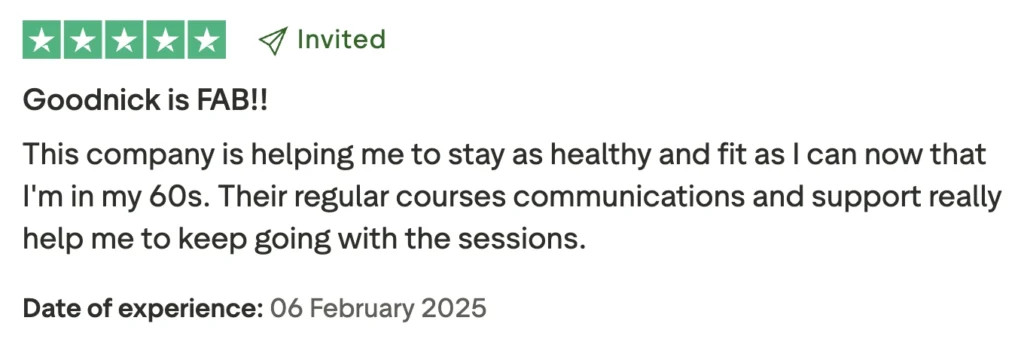
Final Thoughts: You’re Right On Time
It’s not too late.
You’re not too far gone.
And you’re not the exception.
Whether you want to stay active, reduce stiffness, carry your grandchildren, or just feel like you again — it’s possible! You just need the right kind of support.
Ready to get started?
Join the Goodnick Age Smarter™ Programme, built for women over 50 who want to age stronger, move better, and feel like themselves again. 👉 Explore the Programme

